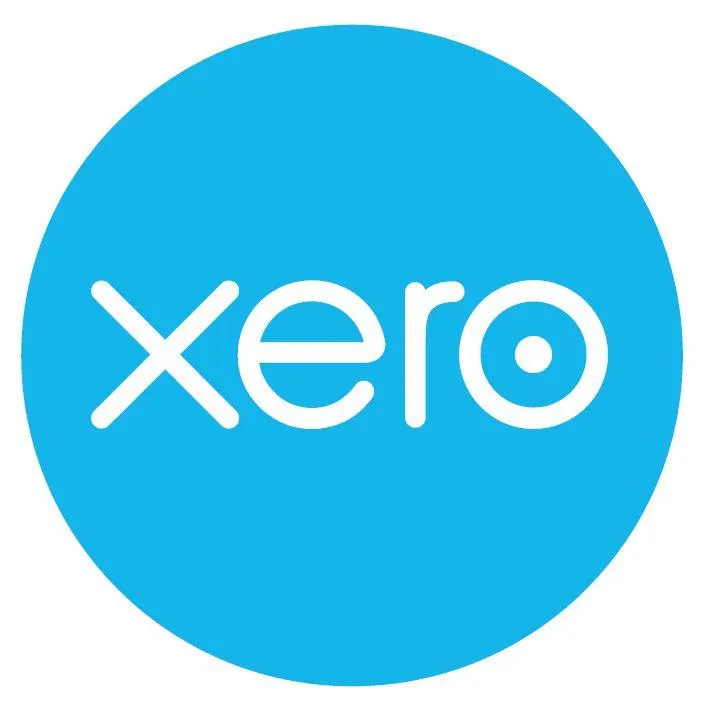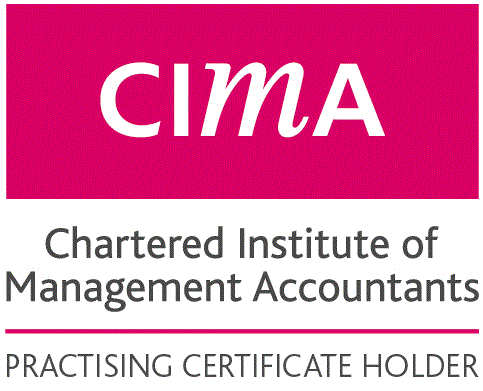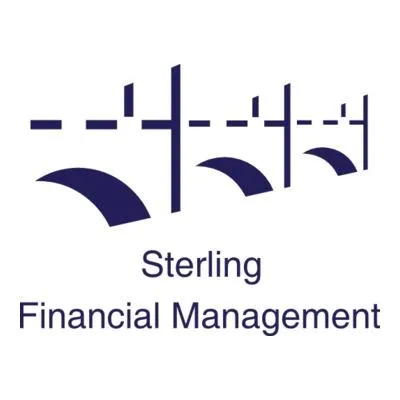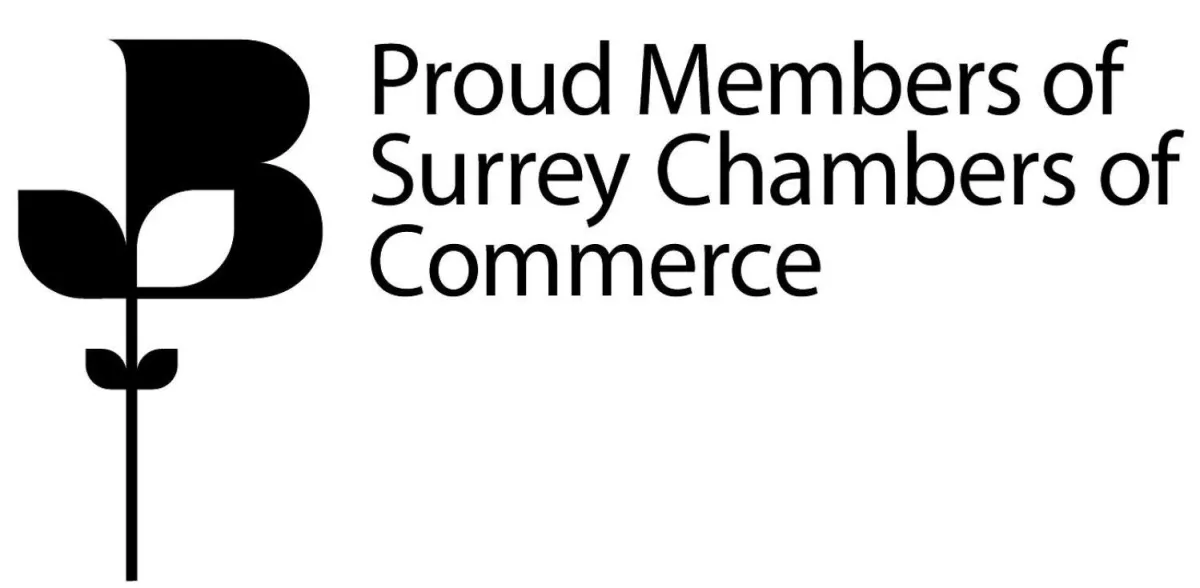

HMRC Connect: What It Is, How It Tracks Your Business & How to Stay Compliant
If you’ve ever wondered how HMRC seems to know so much about your small business - sometimes before you do yourself - you’re not imagining things. That’s thanks to a tool called HMRC Connect. But what exactly is it? How does it actually work, and what does that mean for UK small business owners?
In this blog, we'll break down everything you need to know - no legalese, no scare tactics, just friendly, informed insight. By the end of it, you’ll understand exactly what HMRC Connect does, what types of information it uses, and how to make sure your business is ready to be found - but not flagged.
1. What Is HMRC Connect?
Let’s begin with the basics. HMRC Connect is an advanced data-mining and analysis system launched by HMRC. Think of it as a powerful search engine, but for your business’s financial data. It collates and cross-references information from a wide range of sources to help HMRC spot inconsistencies, errors, or suspicious activity.
Here’s what it includes:
Your VAT returns
PAYE and payroll submissions
Self Assessment and Corporation Tax returns
Bank account information (via anti-money laundering rules)
Third-party data such as property transactions and even social media insights
Using sophisticated algorithms, HMRC Connect highlights anomalies - like sudden drops in income, discrepancies across tax years, or activity that doesn’t match patterns in your industry. From there, HMRC can decide whether to investigate further.
It’s essentially a real-time, always-on system designed to bring more accuracy, consistency, and compliance to the UK tax system.
2. How HMRC Connect Gathers Business Data
HMRC Connect doesn’t just rely on the information you submit. It gathers data from multiple sources to build a full picture of your business activity.
Your Own Submissions
This includes tax returns, VAT filings, payroll data, and digital updates sent through Making Tax Digital (MTD) software. These provide a direct feed into the system.
Bank Data
Banks are obligated to report certain types of transactions, particularly those that could fall under anti-money laundering scrutiny. Regular cash deposits or large, unexplained payments could trigger attention.
Third-Party Information
HMRC Connect pulls data from:
The Land Registry (to see property ownership and transactions)
The DVLA (for company car usage)
Online platforms such as Amazon, eBay or Etsy
Social media (e.g. if you're living lavishly online but reporting minimal income)
Historical and Industry Benchmarks
The system doesn’t just compare you against yourself; it compares your business against industry averages and your past activity. It looks for deviations, declines or spikes that raise red flags.
3. How HMRC Connect Identifies Risk
All of this data is plugged into an intelligent analysis engine that ranks risk. HMRC is using this to work smarter - not harder - by focusing its resources on businesses that are most likely to be under-reporting income or making errors.
What Could Trigger a Closer Look?
A significant drop in turnover while bank deposits stay the same or increase
VAT returns that don’t align with your sector’s norms
Self-assessment filings that differ greatly from previous years
Unreported income from rental properties or online trading
Gaps between payroll filings and declared salaries
If you’re selected for review, it doesn’t necessarily mean you’re in trouble. It may just be a compliance check. But if inconsistencies aren’t explained properly, it can escalate into a full-blown investigation.
4. What This Means for Your Business
Now that you know how HMRC Connect works, what can you do to protect your business?
Keep Clear, Accurate Records
Digital record keeping is essential. Whether you use QuickBooks, Xero, FreeAgent or another platform, make sure every transaction is properly accounted for and reconciled regularly.
Match Your Bookkeeping to Your Bank
Ensure your bank statements and financial records align. If a customer pays you in cash, for example, log it in your books immediately and provide invoices or receipts.
Report Accurately and On Time
Late or sloppy submissions are more likely to raise red flags. Stick to deadlines, double-check your numbers, and avoid last-minute rush jobs.
Track All Sources of Income
If you run a side hustle on Etsy, Airbnb, or sell digital products, make sure this is included in your tax returns. HMRC Connect monitors these platforms too.
Communicate with Your Accountant
If something unusual happens - like a large one-off refund, unexpected grant, or temporary drop in sales - flag it to your accountant and document the reason. You may need to explain it later.
5. What Happens If HMRC Connect Flags You?
Being flagged by HMRC Connect doesn’t automatically mean a tax bill or fine is coming your way. It simply means your business’s data stood out in some way.
Compliance Check
Often, HMRC will get in touch to request clarification, more documentation, or answers about a particular return. These are typically informal and can be resolved quickly if everything is above board.
Tax Review or Audit
If deeper inconsistencies or missing information come to light, HMRC may conduct a formal review or audit. This is more in-depth and time-consuming, so preparation is key.
Potential Penalties
In cases where deliberate under-reporting is found, penalties and interest may apply. But if you can prove the mistake was accidental and you’ve cooperated fully, penalties may be reduced.
The best defence? Consistency and transparency. When your records are clean and your numbers match up, there’s rarely anything to worry about.
Final Thoughts: Don’t Fear HMRC Connect, Prepare for It
HMRC Connect isn’t out to catch every small business in a trap. It exists to modernise the tax system, prevent fraud, and encourage accurate reporting.
If you’re honest, organised, and proactive about your financial reporting, then you have nothing to fear. In fact, it’s an opportunity to tighten up your admin and protect your business long-term.
Here’s what you can do today:
Review your bookkeeping system
Start reconciling income weekly or monthly
Make sure all income sources are reported
Ask your accountant to run a compliance review
Keep explanations for anything out of the ordinary
By making HMRC Connect part of your awareness - not a hidden threat - you can turn compliance into confidence.

FREE DOWNLOADS
A-Z of allowable business expenses
Download your A-Z guide of allowable business expenses.
Financial Housekeeping For Your Small Business
Download your guide to Financial Housekeeping For Your Small Business - ideal for start ups and early stage businesses
How to Scale Up your Business: Tips and Strategies for Success
Download your guide to How to Scale up your Business - ideal for slightly more established businesses that want to grow and scale their business
Don't want the guide?
But do want our regular email filled with tips and insights into business and how to maximise profit and grow your business?
Click here

Ready to take the stress out of finance?

Not quite ready to commit to a long term contract ? Book a value packed Power Hour for now at £180 Inclusive of VAT.






© 2023 All Rights Reserved | Sterling Financial Management Reg No 9780783,
Accounting, Bookkeeping and Business Advisory in Dorking Surrey RH4 2JF